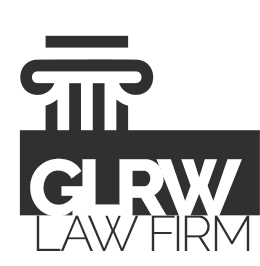19 Feb My Lease Has Expired. Do I Have to Leave?
In many cases, New Jersey’s tenant-friendly laws allow a residential tenant to stay in a leased property after a lease expires as long as the tenant continues to pay rent and the landlord does not have good cause for eviction. The lease continues on a month-to-month basis, generally at the same rent that the tenant had been paying before it expired.
The landlord-tenant attorneys at New Jersey Eviction Law in Mount Holly help residential landlords and tenants to work through issues involving lease expiration, including renewals and extensions, rent increases, and orderly transfers of the premises back to the landlord.
If your lease has expired, you do not have to leave.
Under New Jersey law, a landlord cannot terminate a lease without good cause, which includes a tenant’s failure to make rent payments, use of the leased premises for criminal or other prohibited purposes, and similar reasons. Any attempt by a landlord to force a tenant to waive these rights, including, for example, provisions in a written lease agreement that allow a landlord to terminate a lease without good cause, are void under New Jersey law.
This does not mean that landlords have no rights or that tenants can continue to possess a leased property indefinitely under the terms of the expired lease. When a lease does expire, the landlord is required to give a tenant an option to renew the lease. That option will typically include a rent increase. If the tenant declines to renew the lease after receiving a notice from the landlord, a new month-to-month lease is formed at the increased rental rate. The tenant’s failure to make rent payments at the higher rate will give the landlord good cause to start an eviction proceeding.
New Jersey law does not cap rent increases after a lease expires.
Some city ordinances limit the amount of a rent increase that a landlord can impose on a residential tenant. You should consult with New Jersey eviction lawyers to determine if your municipality has placed limits on how much your landlord can increase your rent. If your city does not cap rent increases and the new rent amount is reasonable and not unconscionable, you will be obligated to pay the new rent amount in order to retain possession of your leased premises.
Contact New Jersey Eviction Law for More Information on Landlord and Tenant Rights After a Lease Expires
The residential lease attorneys at Greenblatt, Lieberman, Richards & Weishoff, LLC in Mount Holly have represented New Jersey landlords and tenants in lease expiration and renewal matters for more than 50 years. Our lawyers are intimately familiar with local rent increase ordinances and with the specific provisions that must be included in every New Jersey lease agreement under the State’s laws. We believe in fair and equitable treatment of landlords and tenants, and we tailor our services to minimize lease expiration issues that might work to the detriment of both parties.



Sorry, the comment form is closed at this time.